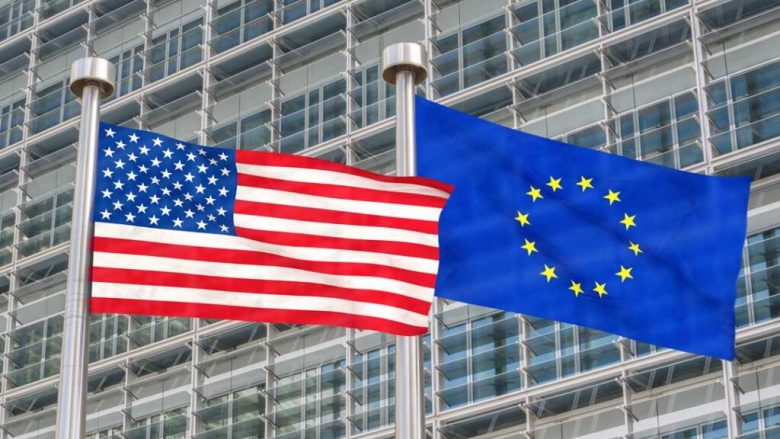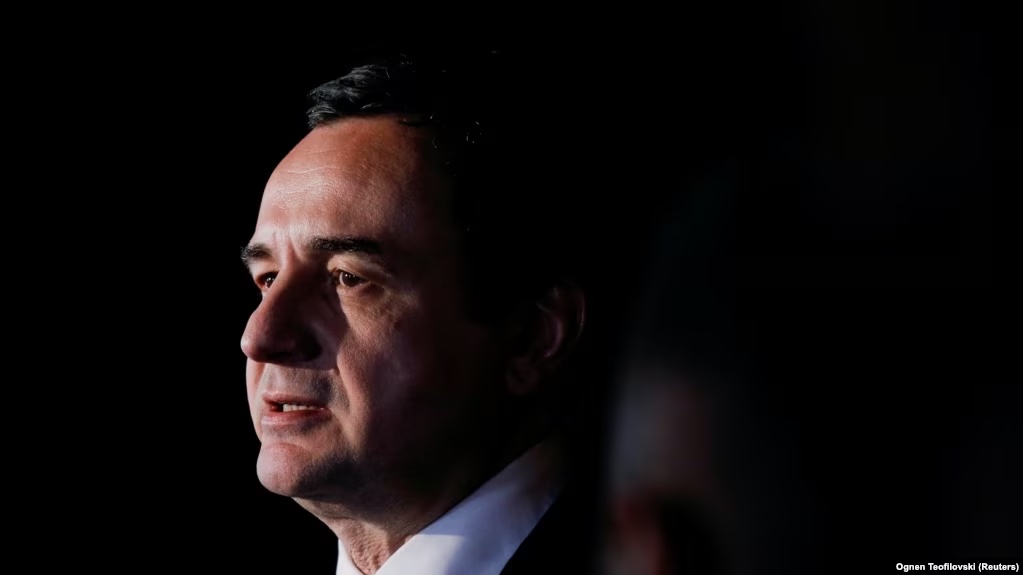Saturday, November 9th 2013

Tuesday’s unannounced meeting in Berlin between German Chancellor Angela Merkel and the UN mediator in the dispute over Macedonia’s name, Matthew Nimetz, does not mean Germany will get directly involved, experts say.
“If anyone thought that Germany might go solo and act for the Macedonians, this meeting dampens all hopes of that,” Stevo Pendarovski, former advisor to Macedonian presidents Boris Trajkovski and Branko Crvenkovski, said.
He said the German statements issued after the meeting closely matched what the EU has been saying for years.
After the parlay, Germany reiterated the EU’s own well-known standpoint, that a solution to the “name” dispute is a prerequisite for Macedonia’s progress in its Euro-Atlantic aspirations.
According to the German Chancellor’s office, Merkel and Nimetz agreed that obstacles could be overcome “if there is an appropriate political will in Athens and Skopje”.
Nimetz briefed Merkel about the ongoing talks while Merkel thanked him for his long-standing mediation, assuring him that Germany continues to support his mission.
The latest UN effort to find a solution to the dispute came last month, ahead of a European Council meeting in December, when EU enlargement and Macedonia’s own accession process will again be discussed.
Few expect a breakthrough by then, including UN mediator Nimetz, who has said that “substantial differences” remain between the two sides.
Former Macedonian Foreign Minister Denko Maleski sees the Berlin meeting as a sign that the US, which is seen as the leading mediator in the dispute, wants more EU backing.
“The meeting comes on the initiative of the US, to see how Germany could help,” Maleski suggested.
Despite repeated recommendations by the European Commission for a start to EU accession talks with Macedonia, it has never been offered a date to begin talks, or an invitation to join NATO, owing to a Greek blockade related to the dispute over its name.
Greece insists that Macedonia’s name implies territorial claims to its own northern province, also called Macedonia.
A source from the Macedonian Foreign Ministry, who wished to stay anonymous, told Balkan Insight that Germany’s interest is nevertheless welcome.
“This is part of a US plan to transfer part of its role as mediator in the dispute to its EU allies,” the source said, adding that Macedonia welcomed this: “We would like to see greater EU involvement.” balkaninsight




